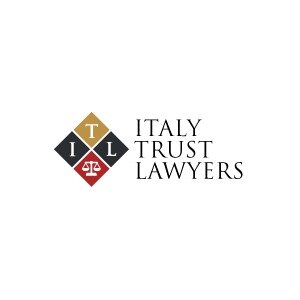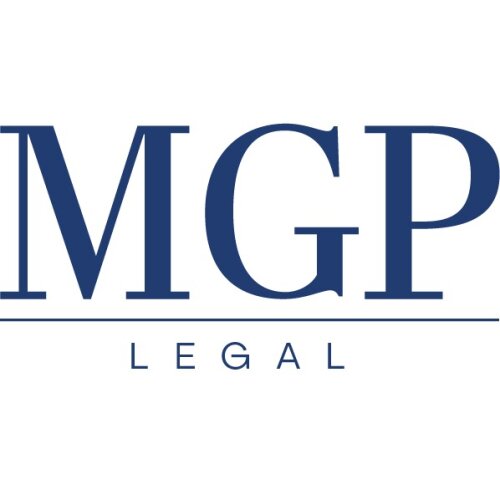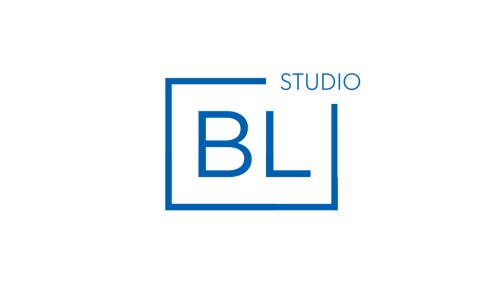Best Conveyancing Lawyers in Florence
Share your needs with us, get contacted by law firms.
Free. Takes 2 min.
Free Guide to Hiring a Real Estate Lawyer
List of the best lawyers in Florence, Italy
About Conveyancing Law in Florence, Italy
Conveyancing refers to the legal process of transferring property ownership from one party to another. In Florence, Italy, conveyancing is a critical aspect of real estate transactions, ensuring that the transfer of ownership is conducted lawfully, securely, and with clear title. Italian conveyancing law is rooted in the national legal framework but also features unique local elements specific to Florence and the wider Tuscany region. The process involves strict formalities, careful documentation, and multiple checks with public authorities, making the role of specialized legal professionals, such as notaries and lawyers, essential for a successful transaction.
Why You May Need a Lawyer
Several situations may require the assistance of a legal professional with expertise in conveyancing in Florence:
- Buying or selling residential or commercial real estate property
- Conducting due diligence on property titles to ensure no legal issues or encumbrances exist
- Drafting and reviewing preliminary sale agreements and final deeds
- Resolving disputes related to property boundaries, inheritance, or ownership rights
- Navigating complex regulations, especially for foreign buyers unfamiliar with the Italian legal system
- Securing building permits and ensuring compliance with zoning laws and historical preservation regulations unique to Florence
- Representing clients in negotiations and mediating between buyers, sellers, real estate agents, and public authorities
Local Laws Overview
Florence operates under Italian national laws regarding property, but with additional considerations reflecting its rich cultural heritage. The city is governed by specific zoning and urban planning rules to preserve its historical sites. Key legal aspects include:
- The requirement for a public deed (atto pubblico) executed before a notary, who acts as an impartial public official
- Mandatory property title searches to confirm clear ownership and absence of liens or mortgages
- Compliance with local regulations regarding building restrictions, urban planning, and heritage protection
- Taxation rules applying to property transfers, including registration, cadastral, and mortgage taxes
- Special procedures for foreigners purchasing property, requiring additional documentation and anti-money laundering checks
- Disclosure requirements regarding energy performance certification and potential shared ownership of common areas (condominiums)
Frequently Asked Questions
What is the role of a notary in Florence conveyancing?
A notary in Florence is a public official responsible for drafting and authenticating property transfer deeds. The notary ensures all legal requirements are met, verifies the identities of parties, conducts title searches, and registers the transaction with public authorities.
Do I need to hire a lawyer if I have a notary?
While a notary is mandatory for the transaction, hiring a lawyer is highly recommended for independent legal advice, especially to protect your interests, review contracts, and assist with negotiations.
What are the main steps in a property purchase in Florence?
The main steps include signing the preliminary sale agreement (compromesso), conducting due diligence, fulfilling any regulatory requirements, and finalizing the public deed before a notary.
How long does the conveyancing process take in Florence?
The process typically takes between 2 to 4 months, depending on the complexity of the transaction, responsiveness of parties, and completion of all required checks.
What taxes and fees are involved in buying property in Florence?
Buyers are subject to registration tax, cadastral tax, mortgage tax, notary fees, and potentially agency fees. The rates can vary based on the type of property and buyer’s residency status.
Can foreigners buy property in Florence?
Yes, foreigners can purchase property, subject to reciprocal agreements and compliance with local legal requirements. Additional documentation is often necessary for non-EU citizens.
What risks should buyers be aware of?
Risks include undisclosed debts or liens on the property, planning permission issues, or restrictions linked to heritage conservation. Detailed legal and title checks mitigate these risks.
Is it possible to buy property remotely?
Yes, buyers can authorize a trusted representative through a power of attorney, allowing transactions to proceed even when abroad.
What is cadastre and why is it important?
The "catasto" is Italy’s property registry, recording details of all land and buildings. It is crucial for verifying property boundaries, size, value, and legal status before purchase.
What happens after the sale completes?
After completion, the notary registers the new ownership with the land registry and local authorities. Buyers should secure utility connections and arrange for any ongoing tax payments.
Additional Resources
If you are seeking further information on conveyancing in Florence, the following resources may be helpful:
- The Italian Chamber of Notaries (Consiglio Nazionale del Notariato) for guidance on notarial roles and public deed requirements
- Florence Land Registry (Conservatoria dei Registri Immobiliari) for title and property records
- Municipality of Florence (Comune di Firenze) for information on local zoning, planning, and historical preservation regulations
- Italian Bar Association (Consiglio Nazionale Forense) to find a qualified lawyer specializing in real estate law
- Real estate agents and professional translators familiar with local procedures and documentation
Next Steps
If you need legal assistance with a conveyancing matter in Florence:
- Gather all relevant documents, including property details, identification, and any preliminary agreements
- Consult with a qualified lawyer specializing in real estate and conveyancing law in Florence
- Coordinate with a reputable notary to facilitate the property transfer
- Allow time for thorough due diligence and legal checks before committing to any agreement
- Seek advice on taxes and post-purchase requirements to ensure compliance with Italian law
Professional legal guidance ensures your interests are protected and the transaction is completed smoothly and securely in accordance with local regulations.
Lawzana helps you find the best lawyers and law firms in Florence through a curated and pre-screened list of qualified legal professionals. Our platform offers rankings and detailed profiles of attorneys and law firms, allowing you to compare based on practice areas, including Conveyancing, experience, and client feedback.
Each profile includes a description of the firm's areas of practice, client reviews, team members and partners, year of establishment, spoken languages, office locations, contact information, social media presence, and any published articles or resources. Most firms on our platform speak English and are experienced in both local and international legal matters.
Get a quote from top-rated law firms in Florence, Italy — quickly, securely, and without unnecessary hassle.
Disclaimer:
The information provided on this page is for general informational purposes only and does not constitute legal advice. While we strive to ensure the accuracy and relevance of the content, legal information may change over time, and interpretations of the law can vary. You should always consult with a qualified legal professional for advice specific to your situation.
We disclaim all liability for actions taken or not taken based on the content of this page. If you believe any information is incorrect or outdated, please contact us, and we will review and update it where appropriate.















